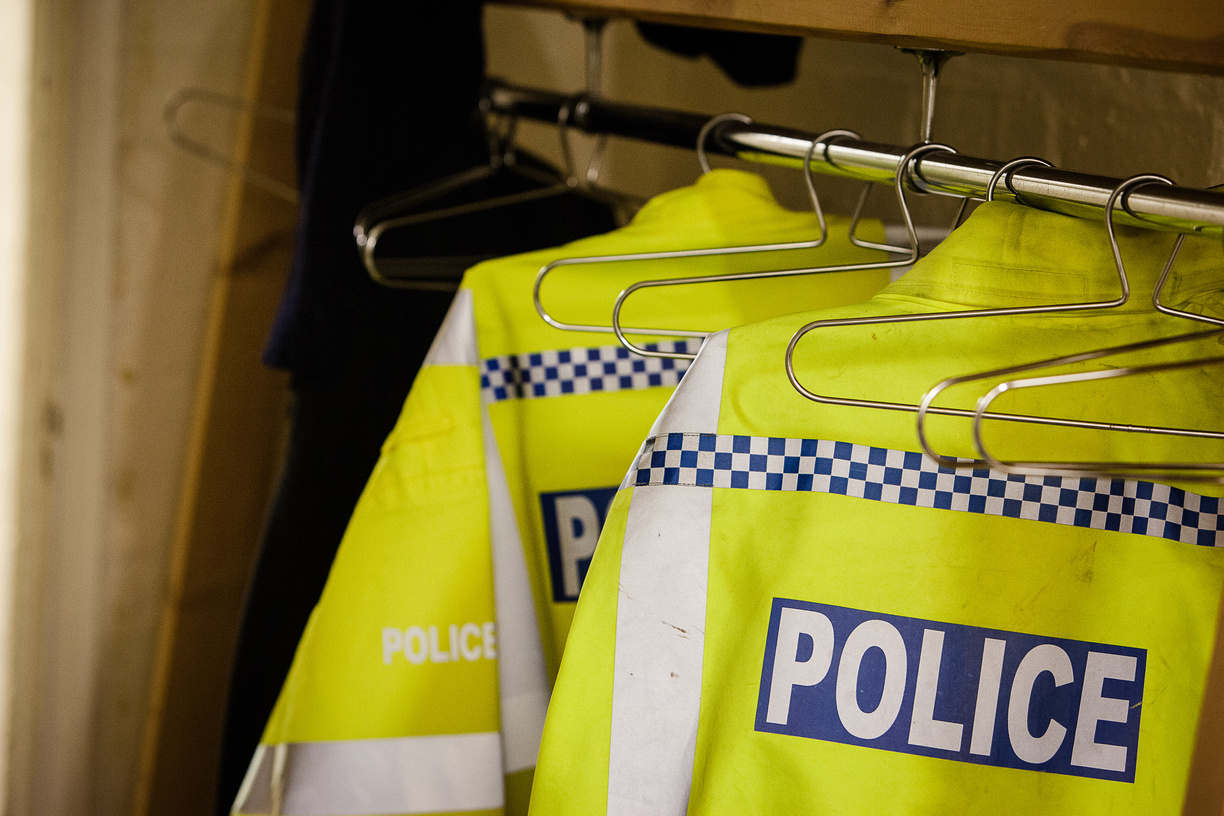“We must ensure Advanced Practitioner pilot is not divisive”
FIVE constables at South Yorkshire Police could become “Advanced practitioners” as part of a national pilot.
South Yorkshire is one of eight forces introducing the new role developed for more experienced PCs – although it is unlikely they will receive any extra pay at this point. Zuleika Payne, South Yorkshire Police Federation Chairman, said it was important any introduction of a new role does not become divisive.
Advanced practitioner constables will take on more complex work which would be more similar to the lowest levels of the sergeant rank – according to a draft document provided by the College of Policing. They will be expected to lead complex casework, assess how procedures can be developed and improved and think and plan ahead for weeks and months.
The Federation is watching the trial closely. Zuleika said: “How do you avoid this becoming divisive? And what is the selection process? What is the rationale? We need to ensure that a fair and transparent process is adopted when identifying which officers will carry out the role.”
The move could help South Yorkshire save money as the candidates will carry out some of work traditionally carried out by sergeants, without the same pay uplift.
The role is also being introduced at Avon and Somerset, Cheshire, Lancashire, the Met, North Wales, Humberside and Thames Valley Police to provide “lateral career opportunities” for constables, the College of Policing said.
The advanced practitioner role was first introduced by the National Police Chiefs’ Council’s Police Leadership Review in 2015 after acknowledging that 85% of officers who join the service do not go for promotion even though they may be more than capable.
“Advanced practitioner” status will also be applied to the equivalent role for police staff.
The review added: “The recommendation makes reference to pay and remuneration but at this stage for the pilot it has been agreed through the programme governance that there will be no remuneration awarded to participants.”
The roles will be formally introduced across the service in 2018, subject to the outcome of the pilot’s evaluation.

